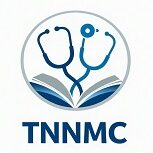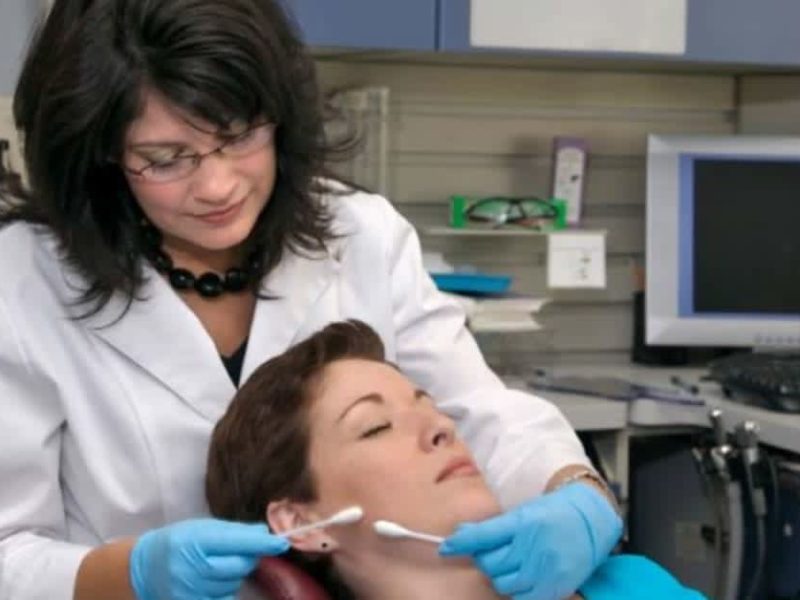
Updated September 22, 2023
Nursing is the largest healthcare profession. Discover the number of nursing jobs in the U.S. and learn how to become an RN.
 Credit: Getty Images
Credit: Getty Images- Nursing is the country’s largest healthcare profession.
- With millions of RNs, the U.S. still faces a nursing shortage.
- High demand and high wages make nursing a great career path.
In spite of the high number of nurses, the country faces a nursing shortage. Demand for nurses will continue to grow over the next decade. High demand plus high wages can make nursing an attractive career path.
Nurses Are Still in Demand
In the wake of the pandemic, demand for nurses continues to grow. As the population ages and current nurses retire, the U.S. needs new nurses to meet this need.
The BLS projects that RN jobs will grow 6% from 2022-2032, which is faster than average. This equals over 193,000 job openings annually. Nursing schools will need to train students to take on these new jobs.
On top of the growing demand for nurses, the American Nurses Association recently warned of a nursing shortage. The profession reports a median age of 46, according to the AACN. And over a quarter of RNs plan to leave the profession or retire in the next five years.
As nurses leave the profession, demand for healthcare professionals continues to rise. As a result, nurses will likely see strong demand in the future. Currently, nursing shortages are already affecting many states.
Top 5 States with Highest Demand for Nurses
Many states report high demand for nursing. Nationally, the National Center for Health Workforce Analysis projects a shortage of over 78,000 RNs by 2025. By 2035, several states may see a significant shortage, according to 2022 nurse workforce projections.
The states with the highest demand for nurses include:
- Washington: Projected shortage of 26%
- Georgia: Projected shortage of 21%
- California: Projected shortage of 18%
- Oregon: Projected shortage of 16%
- Michigan: Projected shortage of 15%
Other states with projected shortages of over 10% include Idaho, Louisiana, North Carolina, New Jersey, and South Carolina. Currently, many states rely on travel nurses to staff in-demand roles. RNs willing to meet the growing demand in these states may also benefit from higher salaries.
Nursing Career Earning Potential
RNs earn a median salary of $81,220 per year, according to the Bureau of Labor Statistics (BLS). Some of the highest-paying nursing specialties report even higher salaries.
Nurse practitioners, nurse anesthetists, clinical nurse specialists, and nurse midwives are known as advanced practice registered nurses (APRNs). These high-paying nursing specialties generally require a master’s or doctorate in nursing and an APRN license.
The highest-paying nursing careers include:
- Nurse anesthetist: $175,390 (August 2023)
- Psychiatric mental health nurse practitioner: $117,430 (August 2023)
- Nurse midwife: $103,360 (August 2023)
- Family nurse practitioner: $101,730 (August 2023)
- Clinical nurse specialist: $98,160 (August 2023)
Nurses without a graduate degree also earn above-average salaries. These specialties are some of the highest-paying healthcare careers that only require a bachelor’s degree.
The highest-paying nursing careers that do not require a graduate degree include:
- Informatics Nurse: $83,780 (August 2023)
- Oncology Nurse: $81,160 (August 2023)
- Trauma Nurse: $80,560 (August 2023)
- Dialysis Nurse: $80,240 (August 2023)
- Infection Control/Prevention Nurse: $78,460 (August 2023)
Nurses can increase their earning potential by pursuing specialized roles or earning a graduate degree. As nurses gain professional experience, their salaries typically increase.
Preparing for a Career in Nursing
To become an RN, you’ll need an associate or bachelor’s degree in nursing (BSN) and an RN license. Many nurses also pursue specialty certification or additional education to increase their job opportunities.
Earn a Nursing Degree
You’ll need a nursing degree to become an RN. If you already have a bachelor’s degree in another major, you can research accelerated BSN programs. These programs typically take 12-18 months and include clinical experience.
If you don’t have a degree, you can enroll in a two-year associate program to become an RN. An associate degree meets the requirements for an RN license. However, many employers prefer to hire nurses with a bachelor’s degree. RN-to-BSN programs help current RNs complete a bachelor’s degree.
Pass the NCLEX and Obtain Licensure
Nurses must pass the NCLEX-RN exam and apply for a state-issued license to become RNs. Nursing programs guide students through the process of studying for the licensure exam and applying for a license.
Each state sets its licensure requirements, which typically include an accredited nursing degree, passing NCLEX-RN scores, and specific coursework. You’ll also likely complete a background check as part of the licensure process.
Become Certified (for Specialties)
If you’re interested in specialized nursing roles, pursuing certification can demonstrate your expertise. For example, you can become a certified emergency nurse, a certified critical care nurse, or a certified informatics nurse.
Many employers require nurses to complete certifications in CPR, basic life support, and advanced cardiac life support.
Choose Working Environment and Location
RNs work in several different healthcare settings. While many work in hospitals, other RNs work in doctors’ offices, home health care services, and outpatient care centers.
Nurses’ job title and work environment often shape their duties and schedules. Hospitals, for instance, typically require 12-hour shifts while a doctor’s office typically does not. Consider what setting best matches your interests and schedule.
Location can also affect your job opportunities and responsibilities as a nurse. Rural areas, for example, report a larger shortage of qualified nurses. Travel nurses who are willing to relocate report some of the highest RN salaries.


